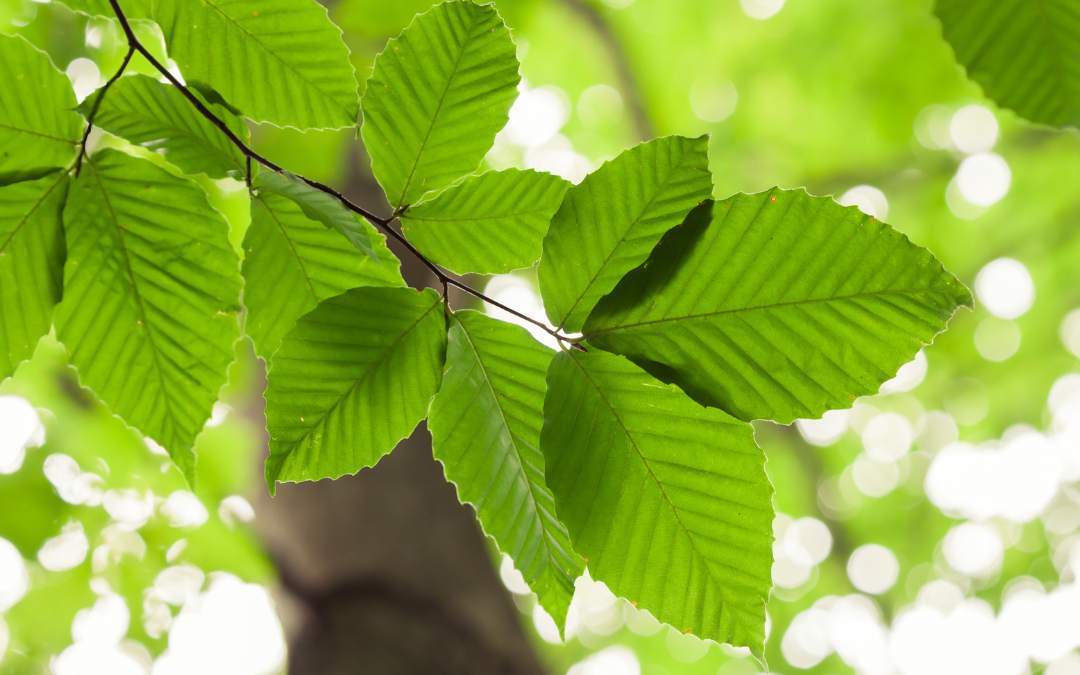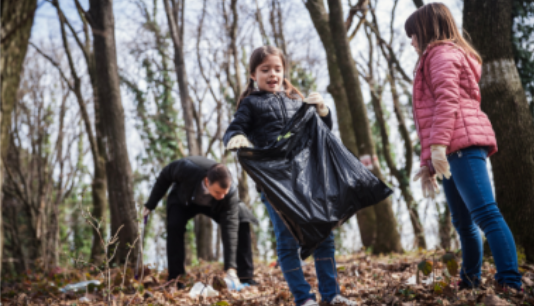
Biodiversity’s Big Step Forward
Alex Braunstein, Land & Facilities Manager
In 2016, Tenafly Nature Center worked in partnership with forestry consulting firm Gracie & Harrigan to craft a 10-year stewardship plan , for the entirety of its ~400 acre preserve. In order to make effective management decisions for the preservation of TNC’s forest, each year outlines a list of action items to pursue, geared at increasing the health and diversity of the forest. One of the largest scale projects in the plan calls for the removal of 6 acres of invasive shrubs and vines located on and adjacent to the White and Bischoff trails. This scale of invasive species infestation has halted the natural process of the forest to the point where no native shrubs and tree saplings have been found in recent inventory surveys.
The removal of invasive shrubs such as Privet can prove more difficult than removing smaller herbaceous species, due to the mass of material that requires disposal. TNC has been slowly working through the 6 acres with the help of volunteers, cutting shrubs and stacking them in large unattractive woodpiles throughout the affected area.
This November, TNC was able to make a huge step forward in the removal of these invasive species. Thanks to funding from the Natural Resource Conservation Service, a branch of the USDA, a forestry mulcher was able to be contracted to cover a larger area. A forestry mulcher is a machine that plows through an area while grinding any undesired material into woodchips, removing the plant species while also disposing of the material in a way that will decompose and rejuvenate the soil. With the assistance of Hudson Valley Forestry, a mulching company based out of Connecticut, TNC was able to clear over 3 acres of invasive species.
This space that has been cleared will move into the next steps of its remediation. In 2023, the area will continue to be monitored to remove any invasive that has re-sprouted, or to prevent new invasive species from taking hold in the area. A cover crop of rye or clover will be planted to help break up the soil, begin restoring the nitrogen levels, and prevent invasive grasses from moving in. To continue this ecological reclamation process, native plants consisting of grasses, wild flowers (forbs), shrubs and tree saplings will be planted and maintained to restore the natural biodiversity of the area.
If you would like to get involved or make a donation to this restoration project please contact Brian Wilson at development@TenaflyNC.org.
If you would like to get involved or make a donation to this restoration project please contact Brian Wilson at development@TenaflyNC.org.
Recent Post
On Tuesday, June 3, Tenafly Nature Center hosted a professional development workshop focused on the treatment...
Celebrating Earth Month: A Call to Action for Our Planet
•
April 30, 2025
April is celebrated as Earth Month, a time to recognize and appreciate our planet while promoting environmental ...









